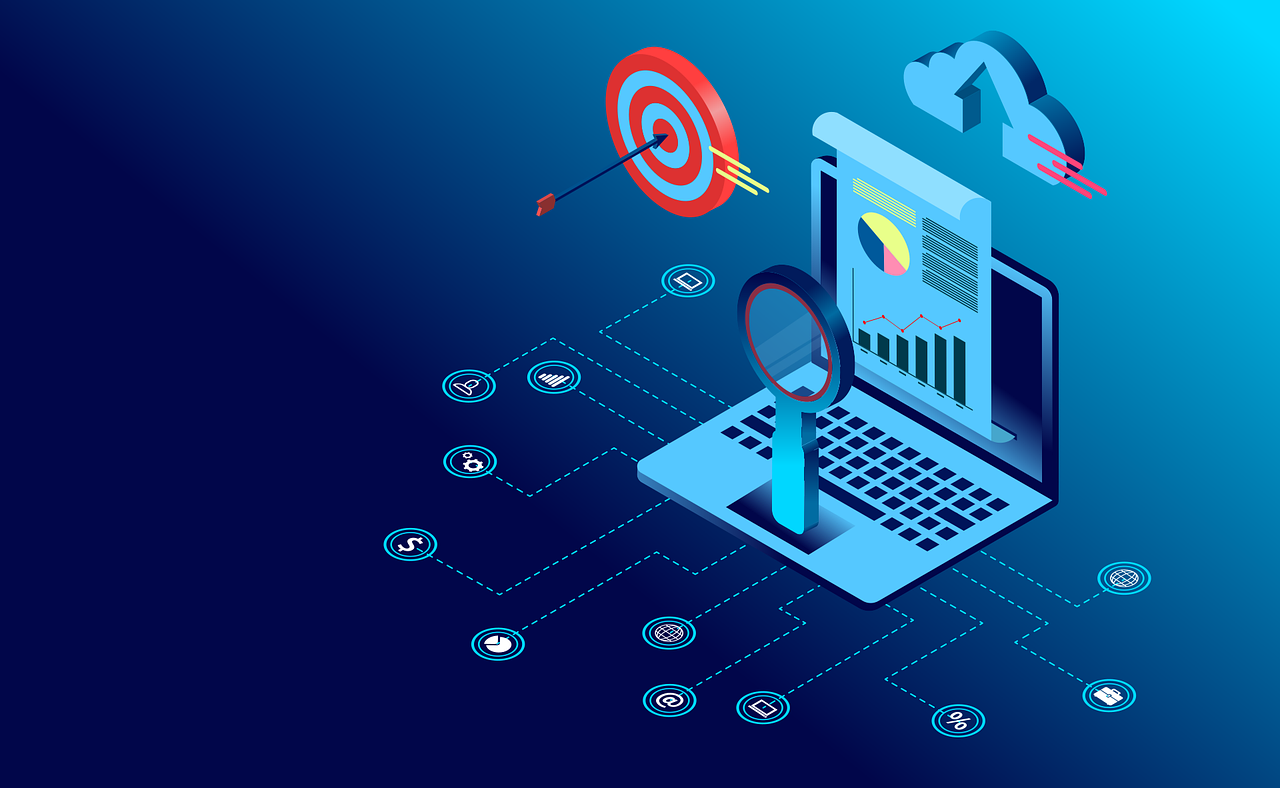
July 26, 2023, 10:17 am
The power of data in transforming dental healthcare is evident in the way it has enabled dental professionals to make data-driven decisions, enhance patient care, streamline operations, and optimize practice performance. From leveraging patient data for personalized treatment plans to using data analytics to improve practice efficiency, the impact of data in dentistry is far-reaching and transformative.
The Data-Driven Evolution of Dental Care
Traditionally, dental care was largely reliant on clinical expertise and patient histories, but the advent of digital technology has led to a data-driven evolution of dental care. Electronic Health Records (EHRs) have replaced paper-based records, providing dental professionals with real-time access to patient information and treatment histories. This digital shift has not only improved data accuracy and accessibility but has also paved the way for data analytics and predictive modeling to enhance patient outcomes.
1. Personalized Treatment Plans
The availability of patient data enables dental professionals to create personalized treatment plans tailored to each patient's unique needs. With access to comprehensive patient information, including medical history, dental records, and radiographic data, dentists can make more informed decisions about treatment options, improving treatment success rates and patient satisfaction.
2. Early Detection and Prevention
Data analytics plays a crucial role in early detection and prevention of oral health issues. By analyzing patient data over time, dental professionals can identify patterns and trends that may indicate early signs of dental problems. This allows for timely interventions and preventive measures, reducing the risk of more severe dental issues.
3. Enhanced Patient Engagement
Data-driven tools, such as patient portals and mobile apps, enable patients to actively engage in their oral health management. Patients can access their treatment plans, view appointment reminders, and receive personalized oral health recommendations based on their data. Enhanced patient engagement fosters a sense of ownership over oral health and encourages patients to take proactive measures in maintaining their dental well-being.
4. Improved Practice Efficiency
Data-driven insights are not limited to patient care; they extend to practice management and operational efficiency. Dental practices can use data analytics to optimize appointment scheduling, resource allocation, and inventory management. These efficiencies result in reduced wait times, enhanced patient flow, and increased overall practice productivity.
5. Predictive Analytics for Treatment Outcomes
The power of data extends to predictive analytics, where dental professionals can forecast treatment outcomes based on historical patient data and similar cases. Predictive modeling aids in treatment planning, allowing dentists to choose the most effective interventions and anticipate potential challenges.
6. Research and Evidence-Based Dentistry
Data is a valuable resource for evidence-based dentistry, where dental professionals rely on scientific evidence and data to guide treatment decisions. Dental research studies are increasingly harnessing large datasets to derive evidence-based conclusions and contribute to the advancement of dental science.
7. Remote Monitoring and Tele-dentistry
Data-driven technologies are facilitating the rise of remote monitoring and tele-dentistry. Dentists can remotely monitor patients' oral health conditions, track progress, and offer virtual consultations. Tele-dentistry expands access to care, especially in underserved areas, and enhances patient convenience.
8. Quality Assurance and Compliance
Data analytics aids in quality assurance and compliance with industry standards. Dental practices can track and measure key performance indicators (KPIs), ensuring they adhere to regulatory guidelines and deliver consistent high-quality care.
The Future of Data in Dentistry
As technology continues to advance, the future of data in dentistry holds even more promise. Artificial Intelligence (AI) and machine learning algorithms will further augment data analytics, enabling dentists to extract more profound insights from vast datasets. AI-powered systems can aid in image analysis for detecting dental anomalies and identifying potential treatment risks. Virtual reality and augmented reality applications may revolutionize patient education and treatment planning, providing immersive experiences for patients to better understand their dental conditions and treatment options.
The power of data in transforming dental healthcare is undeniable. From personalized treatment plans and early detection to enhanced patient engagement and improved practice efficiency, data-driven decision-making has revolutionized the dental industry. The integration of data analytics, predictive modeling, and technological advancements is reshaping the landscape of dental care, empowering dental professionals to deliver patient-centric, evidence-based, and cutting-edge oral healthcare.
As the dental healthcare industry continues to embrace the potential of data, the journey towards a more interconnected and data-driven future will lead to improved patient outcomes, greater efficiency, and a higher standard of care. Embracing the power of data is not only a step towards progress, but a commitment to elevating the patient experience and revolutionizing dental healthcare for generations to come.
